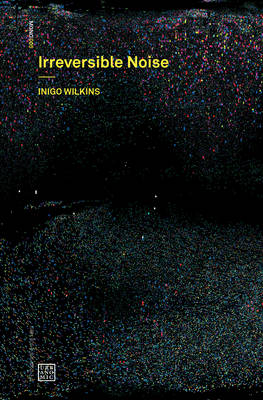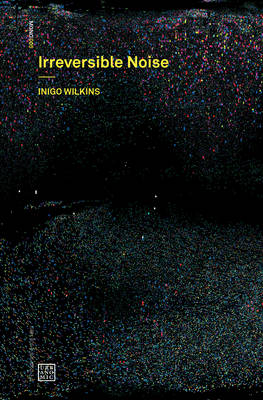
- Afhalen na 1 uur in een winkel met voorraad
- Gratis thuislevering in België vanaf € 30
- Ruim aanbod met 7 miljoen producten
- Afhalen na 1 uur in een winkel met voorraad
- Gratis thuislevering in België vanaf € 30
- Ruim aanbod met 7 miljoen producten
Omschrijving
In this wide-ranging inquiry, Inigo Wilkins elaborates the theoretical and practical significance of the concept of noise with regard to current debates concerning realism, materialism, and rationality. Drawing on contemporary scientific thinking, Wilkins develops a multilevel analysis of noise, exploring the associated notions of randomness and unpredictability across different disciplinary contexts.
Wilkins articulates noise within a functionalist-computationalist philosophical framework that follows Wilfrid Sellars's inferentialist account of reason through his commentaries on Hume and Kant. Outlining the significance of noise to information theory and cybernetics, its relation to thermodynamics, dynamic systems theory, evolutionary biology, and complexity theory, and to recent theories in cognitive science and AI, he goes on to examine how randomness and noise are pertinent to political economy and contemporary finance. Finally, Wilkins explores noise in its specifically sonic guise, looking in particular at the phenomenology of listening and neurophenomenological models of auditory cognition, and situating the use of noise in experimental and popular music within a deep historical account of its evolutionary development.
The central aim of this pioneering critical work is to demystify noise--to counter the neoliberal politics of self-organizing systems and the tendency to fetishize indeterminacy in contemporary art--by showing how constrained randomness is intrinsic to the functional organization of complex hierarchically nested systems, including higher cognition, and how the navigation of noise is a necessary condition of reason and consequently of freedom.
Specificaties
Betrokkenen
- Auteur(s):
- Uitgeverij:
Inhoud
- Aantal bladzijden:
- 400
- Taal:
- Engels
- Reeks:
- Reeksnummer:
- nr. 5
Eigenschappen
- Productcode (EAN):
- 9780995455030
- Verschijningsdatum:
- 28/05/2024
- Uitvoering:
- Paperback
- Formaat:
- Trade paperback (VS)
- Afmetingen:
- 114 mm x 178 mm
- Gewicht:
- 368 g

Alleen bij Standaard Boekhandel
Beoordelingen
We publiceren alleen reviews die voldoen aan de voorwaarden voor reviews. Bekijk onze voorwaarden voor reviews.











